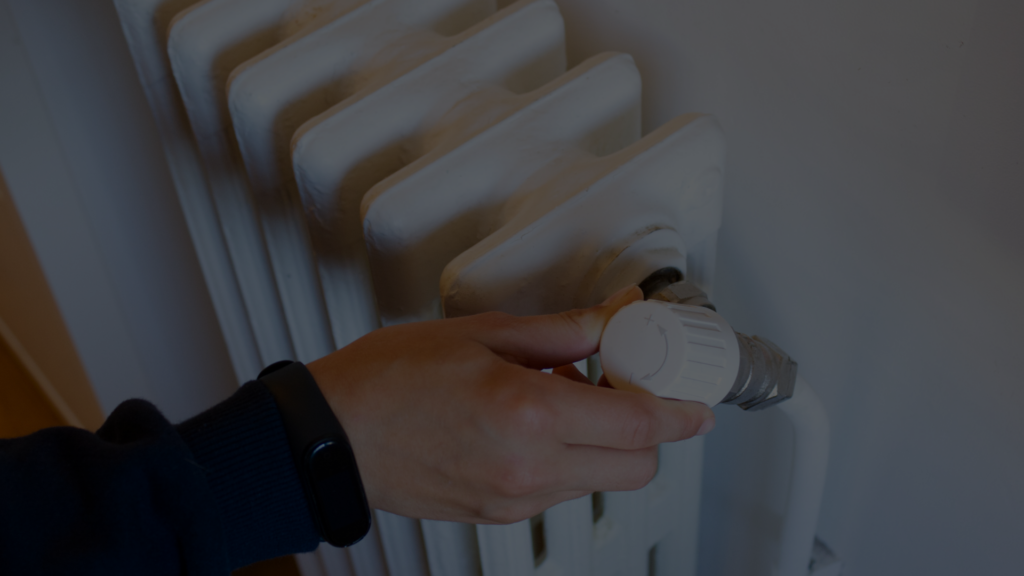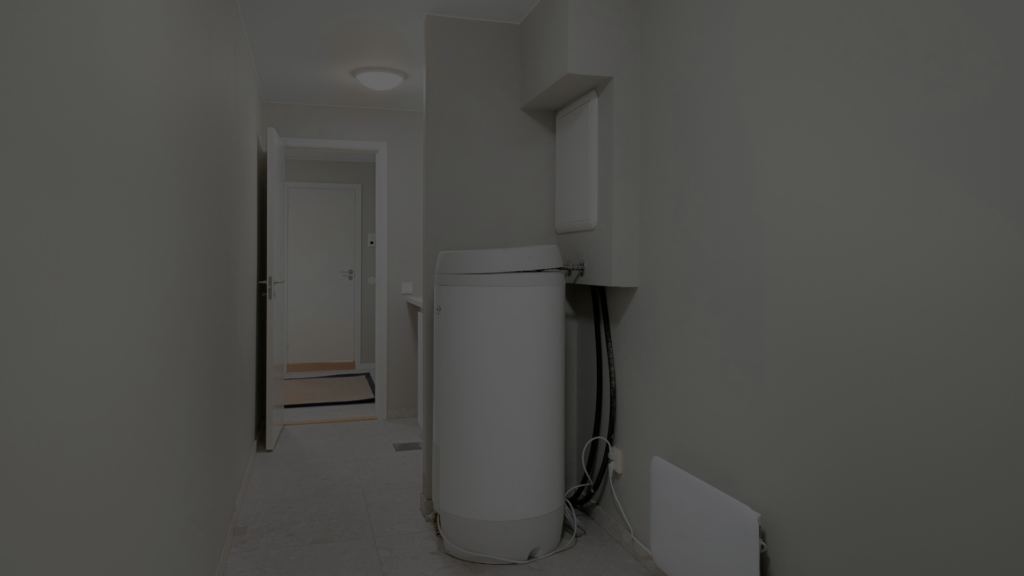Is It Important to Consider the Basement of the House When Buying a Furnace?
Regardless of how frequently you use the basement, it is necessary to include it in the total square footage of your property. Depending on the size of your basement, it is preferable to install a forced-air furnace in the attic rather than the basement.
Generally speaking, attic furnaces with forced air are more efficient than basement furnaces, so installing one in your attic could be a good choice if your basement is too small to heat your home adequately. However, you should consider the basement size when calculating your property’s furnace capacity.
It can significantly improve energy efficiency because the furnace can draw heat from many sources, including the basement and the entire house. This design can reduce the amount of energy you use. Therefore, it is a viable alternative if you want to save money on heating.
Finding the Right Size of Furnace for your Home is Important
- Determine the Total Amount of Space your Home Occupies
As you are aware, estimating the size of the heating system for your home’s furnace requires the consideration of various factors. Consider and calculate the total square footage of your rooms that require heating.
- Consider the Climate of the Region
The weather substantially impacts how often you’ll need to operate your furnace and how much heat it will need to deliver. During the winter months, if you reside in a place that has fairly less harsh winters, you may only need to turn on your furnace occasionally.
- Home’s Insulation
Insulation is a factor that is sometimes overlooked when utilizing a BTU calculator. Insulation is essential to energy efficiency because it helps retain the temperature already present in a home. In other words, insulation helps keep a home warm and cool during the summer.
The homeowner will incur lower energy costs. On the other hand, a poorly insulated area will have air leaks and HVAC systems to exhaust more air to attain the homeowner’s desired temperature.
- Furnace Efficiency
The Annual Fuel Utilization Efficiency (AFUE) of new furnaces must be rated and expressed as a percentage. The federal government requires this evaluation. Furnaces with a higher AFUE rating will transport more heat into your home, resulting in less energy loss and fewer emissions. Furnaces with lower AFUE ratings will transfer a lower proportion of heat into the house.
Conclusion
Every home should have a furnace of the proper size. Effective heating of the house is crucial not only for the residents’ comfort but also for their health and safety. Pipes can freeze and burst due to the winter weather, especially in regions with colder climates.
In addition, homeowners with inadequately heated homes may experience a sudden increase in their monthly expenses. Contact South Country Air Services for all your heating and cooling systems services, including furnace repair in Irvine, CA.
















